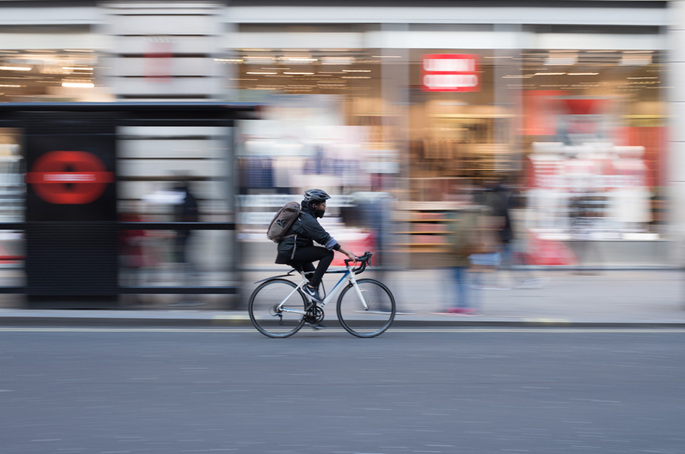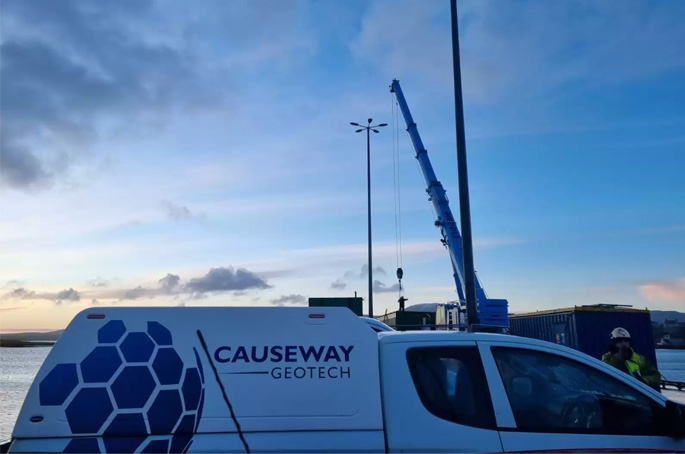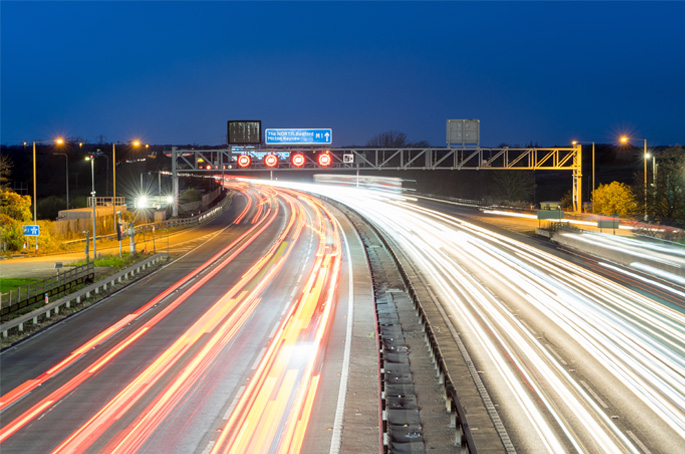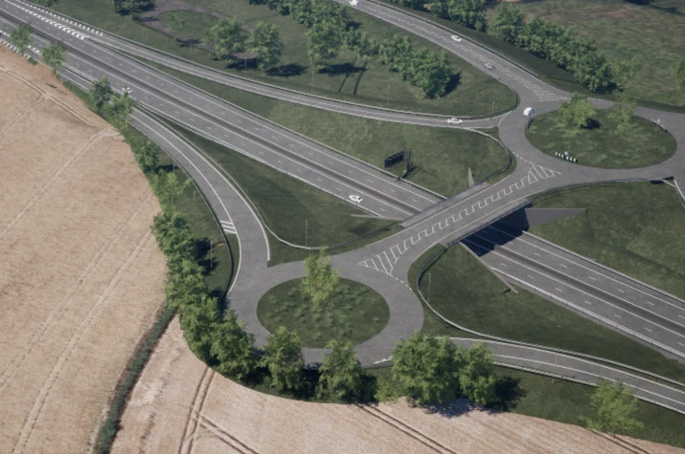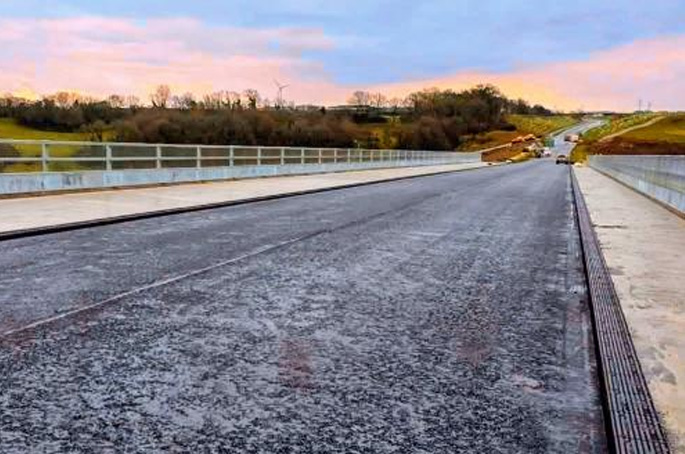The Partnership for Active Travel and Health (PATH) has written an open letter to national governments urging them to include walking and cycling as a focal point of their climate commitments ahead of COP30.
With the United Nations hosting member states for its 30th climate change conference this November in the Brazilian city of Belém, nations are expected to present their updated climate plans – Nationally Determined Contributions (NDCs) – that will set out their commitments to tackling climate change.
PATH is urging countries to include active travel as a central pillar of their NDCs, highlighting new policies in countries such as Brazil, Cambodia and Lesotho as examples of what can be achieved.
In the letter, the active travel coalition said that the planned actions from these nations ‘come with targets and funding' that will ‘enable the millions of people walking and cycling to avoid the potential emissions that would be generated from alternative choices' and also encourage existing polluters to shift towards modes of transport that pollute less.
To encourage nations to heed this call, PATH suggests that policymakers should follow the organisation's Active Travel Policy Template, which it says provides a ‘comprehensive step-by-step guide' on how to create an effective active travel policy.
Sheila Watson, deputy director of FIA Foundation, which funds PATH, said: ‘We are rapidly approaching COP30, yet too many countries have yet to submit their climate action plan, known as Nationally Determined Contributions (NDCs).
‘Whilst disappointing in itself, this does mean that those yet to submit still have the opportunity to build active mobility into their NDCs and broader climate action plans.'
Ms Watson also emphasised the benefits of using the PATH Active Travel Policy Template: ‘That template features a vision, goals, objectives, and actions, directly linked to tangible measures and clear outcomes. Adopting it enables countries to commit to integrated and coherent strategies for walking and cycling, with concrete actions which will enable them to make safe, clean, fair and green shifts in their transport mix.'

